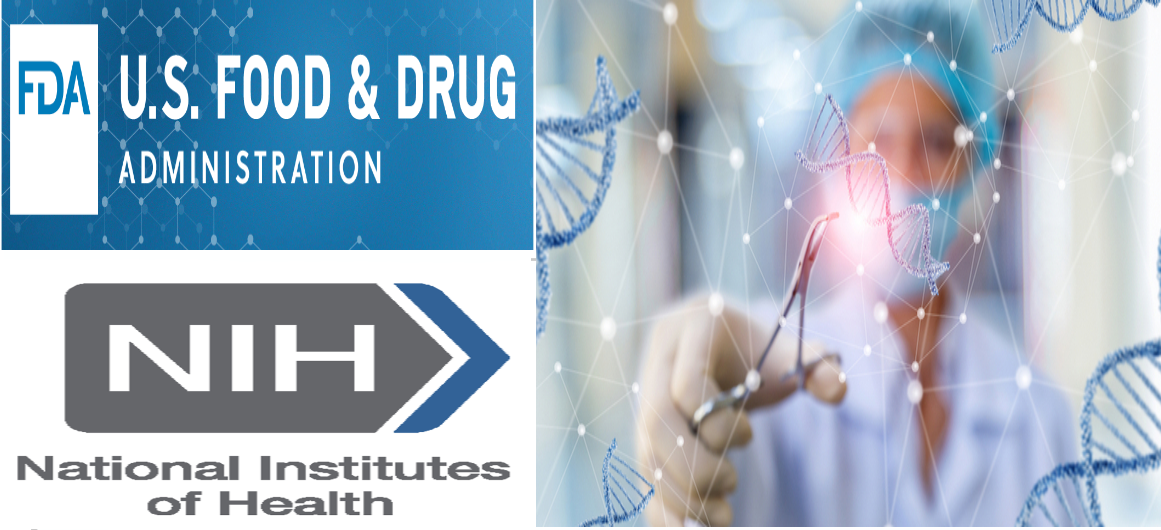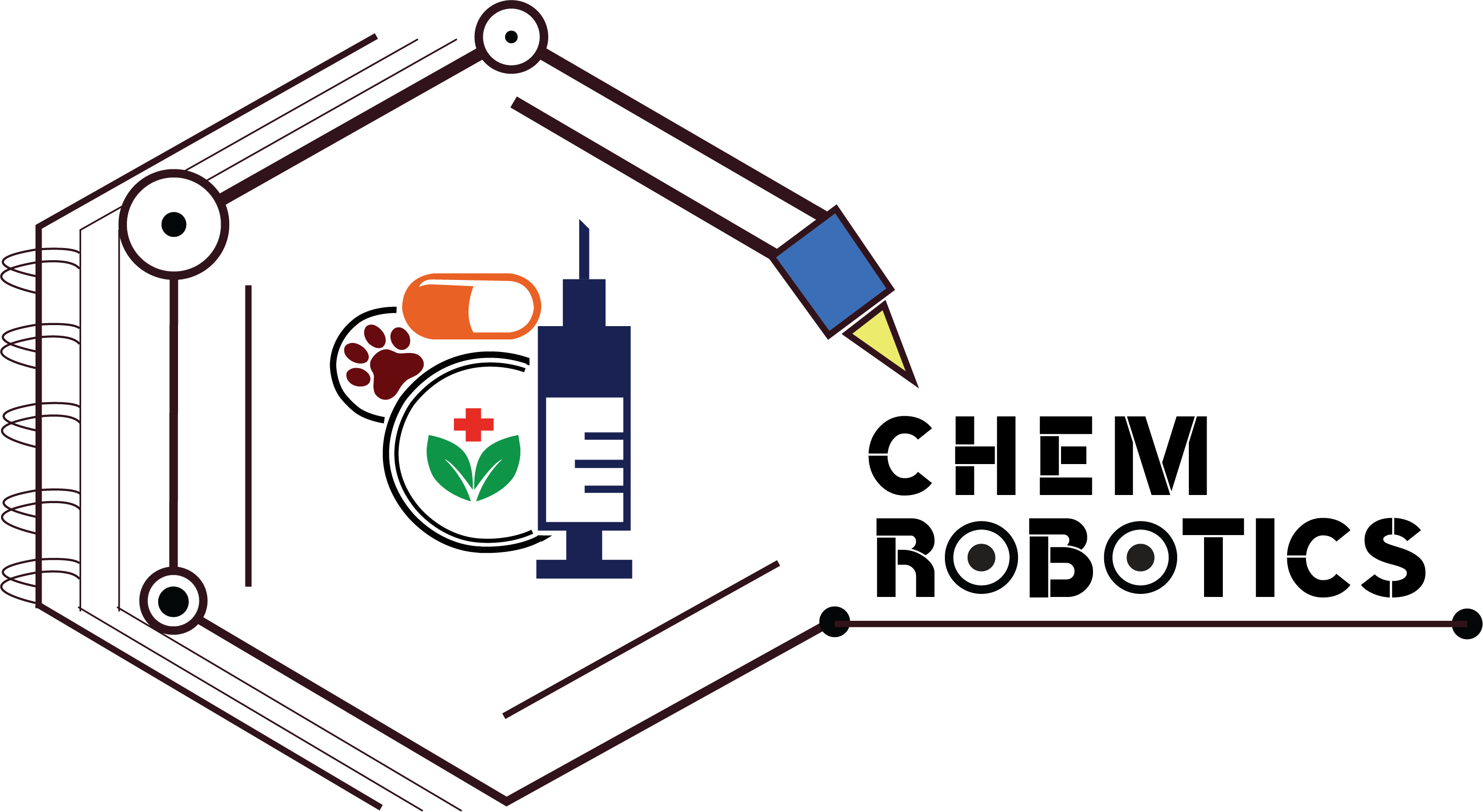SUMMARY:
- The U.S. Food and Drug Administration, the National Institutes of Health, 10 pharmaceutical companies and five non-profit organizations have partnered to accelerate the development of gene therapies for the 30 million Americans who suffer from a rare disease.
- In the US, there are approximately 7,000 rare diseases, only two heritable diseases currently have FDA-approved gene therapies.
- A primary aim of BGTC is to improve understanding of the basic biology of a common gene delivery vector known as the adeno-associated virus (AAV).

FDA, NIH, and 15 Private Organizations have partnered to Increase Effective Gene Therapies for Rare Diseases.
The U.S. Food and Drug Administration, the National Institutes of Health, 10 pharmaceutical companies and five non-profit organizations have partnered to accelerate the development of gene therapies for the 30 million Americans who suffer from a rare disease. While there are approximately 7,000 rare diseases, only two heritable diseases currently have FDA-approved gene therapies. The newly launched Bespoke Gene Therapy Consortium (BGTC), part of the NIH Accelerating Medicines Partnership (AMP) program and project-managed by the Foundation for the National Institutes of Health (FNIH), aims to optimize and streamline the gene therapy development process to help fill the unmet medical needs of people with rare diseases.
“By leveraging on experience with a platform technology and by standardizing processes, gene therapy product development can be accelerated to allow more timely access to promising new therapies for patients who need them most,” said Peter Marks, M.D., Ph.D., Director of the Food and Drug Administration (FDA)’s Center for Biologics Evaluation and Research. “FDA is committed to developing a regulatory paradigm that can advance gene therapies to meet the needs of patients with rare diseases.”
About Rare diseases:
“Most rare diseases are caused by a defect in a single gene that could potentially be targeted with a customized or ‘bespoke’ therapy that corrects or replaces the defective gene,” said NIH Director Francis S. Collins, M.D., Ph.D. “There are now significant opportunities to improve the complex development process for gene therapies that would accelerate scientific progress and, most importantly, provide benefit to patients by increasing the number of effective gene therapies.”
A single rare disease affects small numbers of people, but rare diseases collectively affect millions. Most rare inherited diseases stem from a specific gene mutation that is already known, making gene therapy a promising therapeutic approach. However, gene therapy development for rare diseases is highly complex, time consuming and expensive. Moreover, the development process is stymied by limited access to tools and technologies, lack of standards across the field, and a one-disease-at-a-time approach to therapeutic development. A standardized therapeutic development model that includes a common gene delivery technology (a vector) could allow for a more efficient approach to specific gene therapies, saving time and cost.
“Rare diseases affect 25 to 30 million Americans, but because any given rare disorder affects so few patients, companies often are reluctant or unable to invest the years of research and millions of dollars necessary to develop, test and bring individualized gene therapy treatments for a single disease to market,” said Joni L. Rutter, Ph.D., acting director of NIH’s National Center for Advancing Translational Sciences (NCATS). “The BGTC aims to make it easier, faster and less expensive to pursue bespoke gene therapies in order to incentivize more companies to invest in this space and bring treatments to patients.”
Aim of BGTC:
A primary aim of BGTC is to improve understanding of the basic biology of a common gene delivery vector known as the adeno-associated virus (AAV). BGTC researchers will examine the biological and mechanistic steps involved in AAV vector production, vector delivery of genes into human cells and how therapeutic genes are activated in target cells. These results will provide important information for improving the efficiency of vector manufacturing and enhancing the overall therapeutic benefit of AAV gene therapy.
To improve and accelerate gene and vector manufacturing and production processes, the BGTC program will develop a standard set of analytic tests to apply to the manufacture of viral vectors made by consortium researchers. Such tests could be broadly applicable to different manufacturing methods and make the process of developing gene therapies for very rare conditions much more efficient.
Standardised model to speed work:
While current gene therapy development is highly complex, time consuming and expensive, BGTC suggested that “a standardised therapeutic development model that includes a common gene delivery technology could allow for a more efficient approach.” Peter Marks, director of the FDA’s Center for Biologics Evaluation and Research, remarked “by leveraging on experience with a platform technology and by standardising processes, gene therapy product development can be accelerated.”
BGTC researchers will focus on examining the biological and mechanistic steps involved in AAV vector production, vector delivery of genes into human cells and how therapeutic genes are activated in target cells. It is hoped that the findings will provide important information for improving the efficiency of vector manufacturing and enhancing the overall therapeutic benefit of AAV gene therapy.
The gene therapy field has been plagued by a number of recent setbacks, with many involving the use of AAV vectors. Last month, Pfizer was forced to amend the study protocol for a trial of fordadistrogene movaparvovec in Duchenne muscular dystrophy after reports of muscle weakness, while Astellas also recently disclosed the death of a fourth patient in a study of its experimental gene therapy AT132 for X-linked myotubular myopathy. BioMarin Pharmaceutical has had to put a phenylketonuria trial of its gene therapy BMN 307 on hold as well because of liver tumours seen in preclinical testing.
Partnership to support clinical studies:
Meanwhile, BGTC-funded research will also support between four and six clinical trials, each focused on a different rare, single-gene disease that currently has no commercial programmes in development. The studies are expected to employ different types of AAV vectors that have been used before in clinical testing in an effort to shorten the path from animal models of disease to human trials.
Along with the NIH and the FDA, partners of BGTC include Biogen, Johnson & Johnson, Novartis, Pfizer, Regenxbio, Roche’s Spark Therapeutics unit, Takeda, Taysha Gene Therapies, Thermo Fisher Scientific and Ultragenyx Pharmaceutical.
About the Foundation for the National Institutes of Health:
The Foundation for the National Institutes of Health (FNIH) creates and manages alliances with public and private institutions in support of the mission of the NIH. The FNIH works with its partners to accelerate biomedical research and strategies against diseases and health concerns in the United States and across the globe. Established by Congress in 1990, the FNIH is a not-for-profit 501(c)(3) charitable organization.
About the National Center for Advancing Translational Sciences (NCATS):
NCATS conducts and supports research on the science and operation of translation — the process by which interventions to improve health are developed and implemented — to allow more treatments to get to more patients more quickly.
About the Food and Drug Administration (FDA):
The FDA, an agency within the U.S. Department of Health and Human Services, protects the public health by assuring the safety, effectiveness, and security of human and veterinary drugs, vaccines and other biological products for human use, and medical devices. The agency also is responsible for the safety and security of our nation’s food supply, cosmetics, dietary supplements, products that give off electronic radiation, and for regulating tobacco products.
About the National Institutes of Health (NIH):
NIH, the nation’s medical research agency, includes 27 Institutes and Centers and is a component of the U.S. Department of Health and Human Services. NIH is the primary federal agency conducting and supporting basic, clinical, and translational medical research, and is investigating the causes, treatments, and cures for both common and rare diseases.
SOURCE: https://www.fda.gov/news-events/press-announcements/fda-nih-and-15-private-organizations-join-forces-increase-effective-gene-therapies-rare-diseases
For more Information: Sign-in Websites for Agrochemical & Pharmaceutical Databases:
Website: https://www.chemrobotics.com/ (Agrochemical Databases)
Website: https://chemroboticspharma.com/ (Pharmaceutical Databases)

